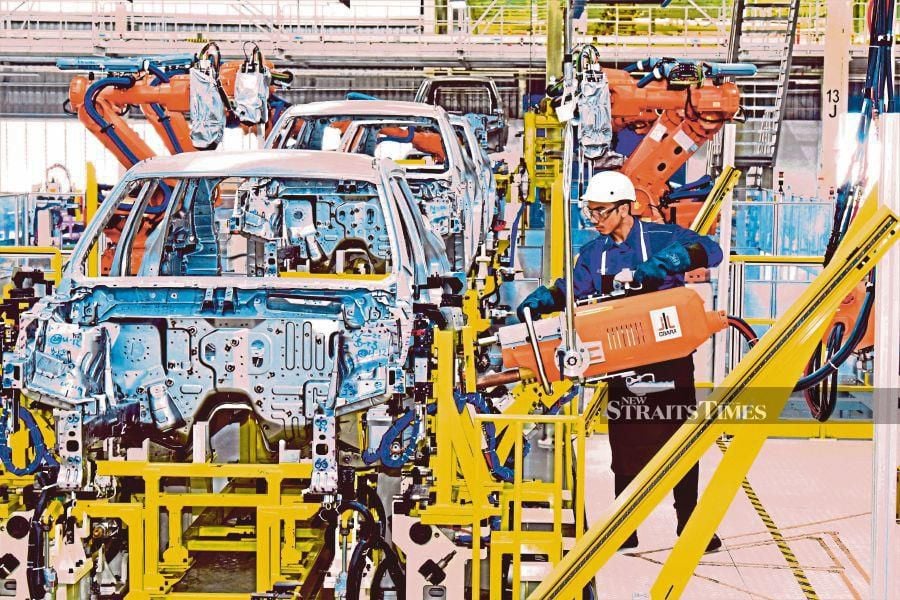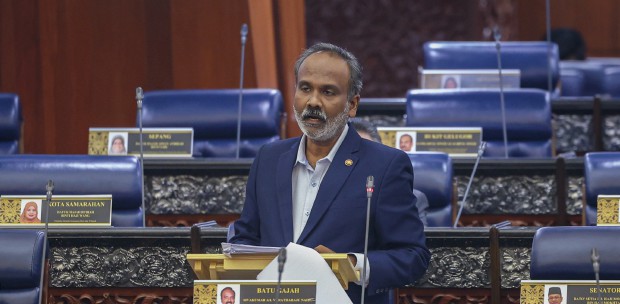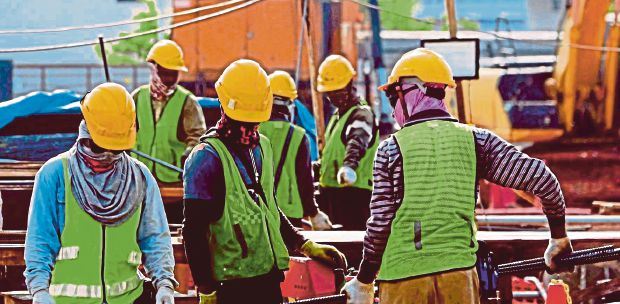KUALA LUMPUR: The reduced dependency on foreign workers should be approached on an industry-to-industry basis rather than as a blanket measure to support industries which are unable to fully transition to automation, say industry players.
They are also calling for the government to provide incentives or financial support for businesses to automate and reduce their reliance on foreign labour.
Malaysian Employers Federation president Datuk Syed Hussain Syed Husman said he hoped the government would give more financial support for industries to automate and digitalise.
He also suggested for the government to provide tax grants for companies that have transitioned to high technology.
"We support the government on its plan to reduce foreign labour in Malaysia. We are too dependent on them.
"When the time is right and with financial support to move to technology to manage our business and production, less labour would be needed," he said.
He added that Malaysia should invest in Technical Vocational Education and Training (TVET) to enhance the skills of the local workers to meet industry demands and provide scholarships for students who are keen to further their studies in artificial intelligence and technology-based courses.
"As we move to technology to modernise and build skills of the local workers , we will have enough locals to do the job. We also need a mindset change by our young people that TVET and skills jobs are also sexy and in high demand," he said.
He noted that different industries would need different technologies and some industries might be easier and faster to automate than others.
"Technology-based industries would have less issues. The plantation and estates business will face some issues such as terrain and climate issues so they will be more affected in terms of reduction in productivity," he said.
On Monday, Economy Minister Rafizi Ramli said the National Economic Action Council (MTEN) will meet next month to discuss a mechanism to reduce the number of foreign workers in the country.
Accordingly, he said the 13th Malaysia Plan (RMK13), to be tabled next year, is also targeting a more drastic reduction in the number of foreign workers and expressed the need for the industry and economy sector to prepare for the situation.
The New Straits Times also spoke to representatives of multiple industries to get their insights on the matter.
Agriculture would be one of the hardest hit sectors as it relies heavily on foreign workers. Industry players have also noted that it is difficult to get locals to work in the sector.
Federation of Livestock Farmers Association Malaysia advisor Datuk Jeffrey Ng said the government should phase out and reduce dependence on foreign workers on an industry-to-industry basis as the agricultural sector depends heavily on foreign workers.
He said should foreign workers be reduced, the efficiency of farms would be jeopardised which leads to a decrease in productivity and increase in cost for consumers.
"When you don't have enough workers, they will start to cut production. It will jeopardise the vegetable supply and prices will go up.
"Our industry still relies on humans. For instance, we can't automate the plucking of chilli.
"We need to choose which one should be plucked. Only humans can harvest and choose which should be plucked while machines cannot. If we pluck everything, we could jeopardise the taste," he said.
He added that as agriculture is listed as a 3D (dirty, dangerous and difficult) industry, local workers usually refuse to work in the sector.
"If they reduce the number of foreign workers, the industries would face problems as in 2015, 2016 and 2017 where there were not enough workers after the government enforced strict foreign labour applications.
"As a result, we have poor harvest, poor productivity and it jeopardises our food security," he said.





